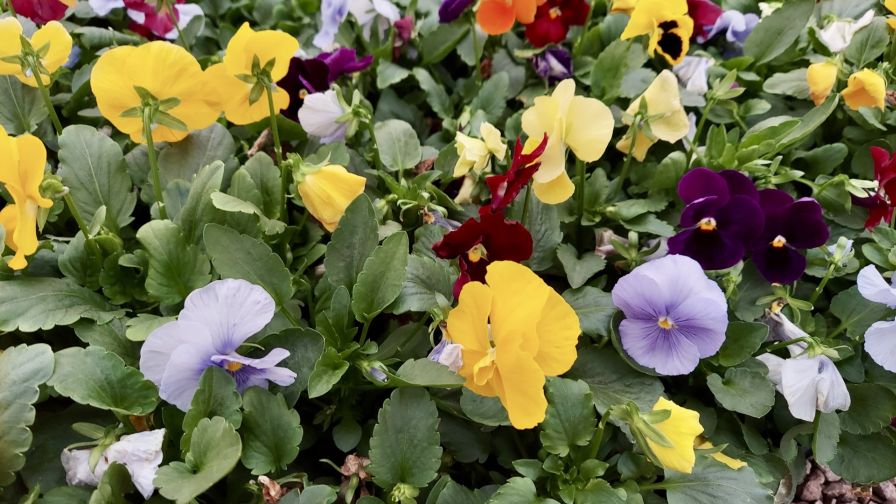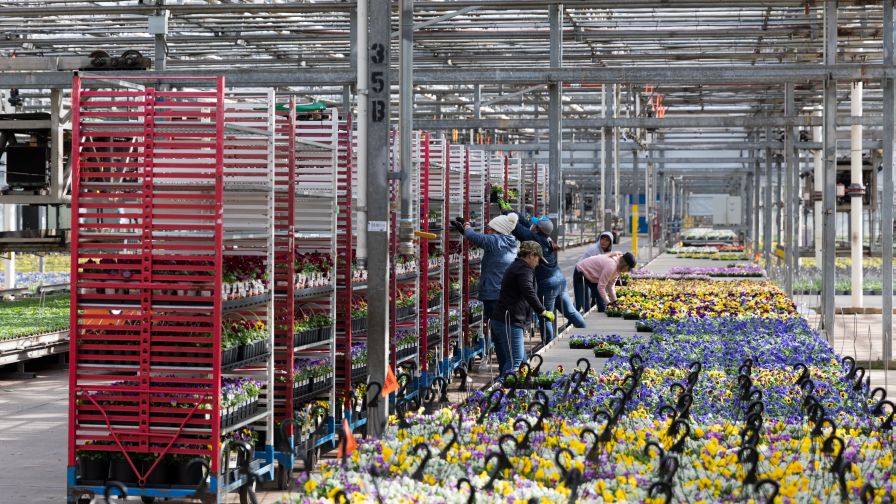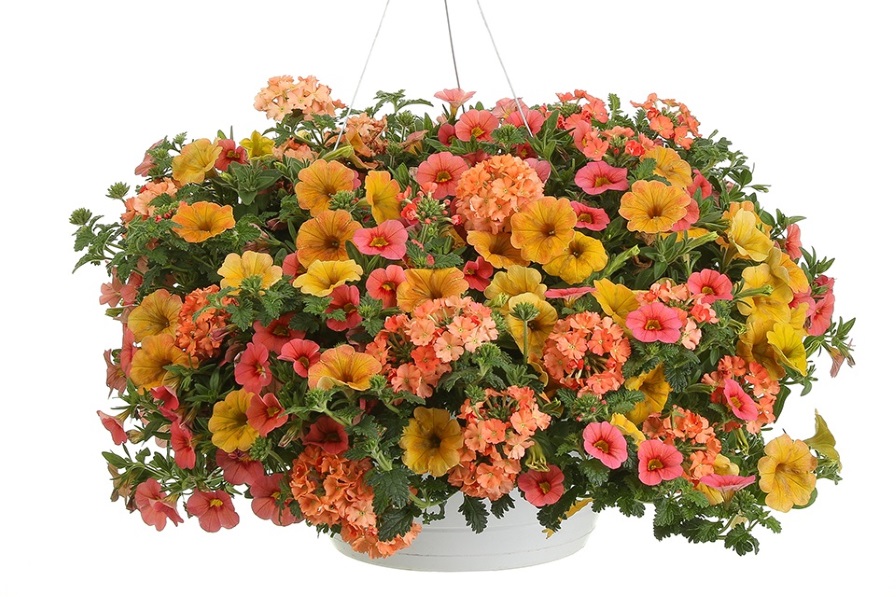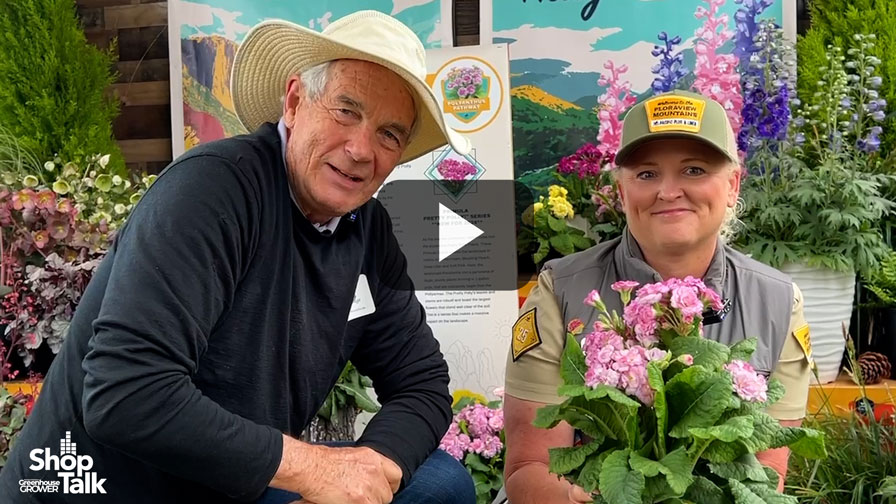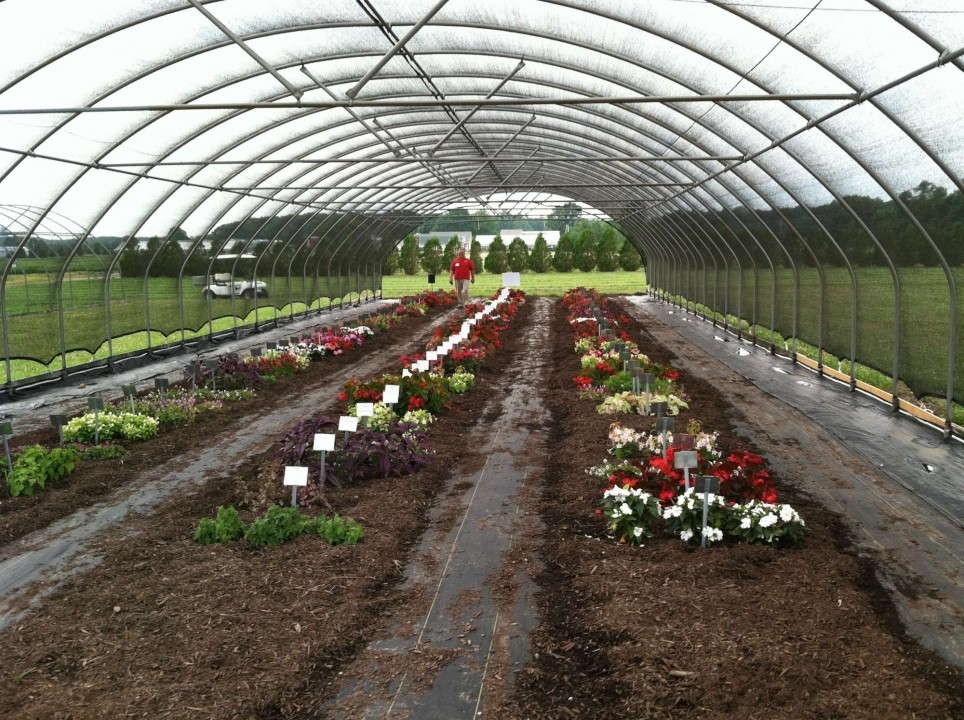Times Are Tough — And Other Unrelated Observations
The industry today is in disarray, if weather is the scorekeeper. The drought in the Southeast and the fires in California — to say nothing of floods and late freezes elsewhere — have knocked even battle-hardened growers and gardeners for a loop. Even with all our high-tech gadgets in the greenhouse, highfalutin market nonsense in retail and high fives by gardeners, we are still nothing more than glorified farmers, whose very existence and well-being are tied to the weather. The only problem is that farmers’ produce is always essential, ours is not.
We are farmers.
Farmers have struggled for years with the vagaries of poor crops due to poor weather. We are no different: today, our margins have been pinched so tight there is no wiggle room. One bad season makes us teeter, one very bad year closes the doors.
The domino effect of closures and Chapter 11 filings will be felt for many years. The lack of rain is physically debilitating, but worse by far are the mental scars. Consumer memories are long and spring optimism quickly morphs to pragmatism. Even in the pouring rain, the dead grass, the puny geraniums and the draconian water restrictions of last summer are as palpable as the puddles they stand in today.
We Are One
Fortunately, not all parts of the country felt the misery of the Southeast, but from where I stand, we as an industry are joined at the hip, and there is nothing good for anyone when times are tough for some.
A couple of difficult issues to get our hands around:
I have had many sit downs with intelligent people and various “topics de jour” arise. A question, innocently enough asked, is “If I can’t make money or show people how a particular product or activity saves money, why adopt it?” One of them is the issue of sustainability. “We have been doing it our way and we are just fine, thank you.”
The native plant enthusiasts can be equally loud, and are asking why we don’t offer more native plants at the retail center? If I have heard it once, I have heard it a dozen times. “Of course I believe in native plants, all the plants we sell are native somewhere.” That was cute five years ago, but is not appropriate any longer. My daughter Heather may never walk into a garden center and ask for a native plant or demand to know if organic fertilizers have been used in the production of the plants, so again the question is asked, “Why should we care?”
A No-Brainer For Some
In fact, sustainability is a no-brainer. Reducing inputs, eliminating waste, getting a little better at how we handle run off, plastics, fertility and chemicals will save money and provide a “feel-good experience.” Anyone growing perennials is already growing dozens of North American natives. Simply letting your customers know you use or can provide Native American plants gives them the opportunity to deal with you. Heather may walk by the banner proclaiming, “I Love American Plants” but her friend may not. And providing good performing plants that are also native–what’s not to love?
A Troubling Mindset
With the scary weather all around us, often resulting in slimmer and slimmer margins, there is little doubt that growers, consumers and salespeople will be more conservative in the near future. Conservative in the number of plants grown, and certainly more conservative in what is grown. The immediate big losers will be “new plants,” simply because numbers are smaller, and they require a year or two to get traction. Many growers no longer feel they can afford that time. This is a troubling mind-set. The bread and butter items will be buttered more profusely, ending in even more commodity items and even lower margins.
No worries.
I am sounding a little more pessimistic than usual, perhaps it has simply been a bad week. After all, my beloved Athens, Ga., has lost a number of fine retailers in the drought, and more will likely fall. The Southeast has taken a kicking, but no worries, the South will rise again. As for California, they are rebuilding as we read.
Tough old birds, these horticultural people. I love them all.





